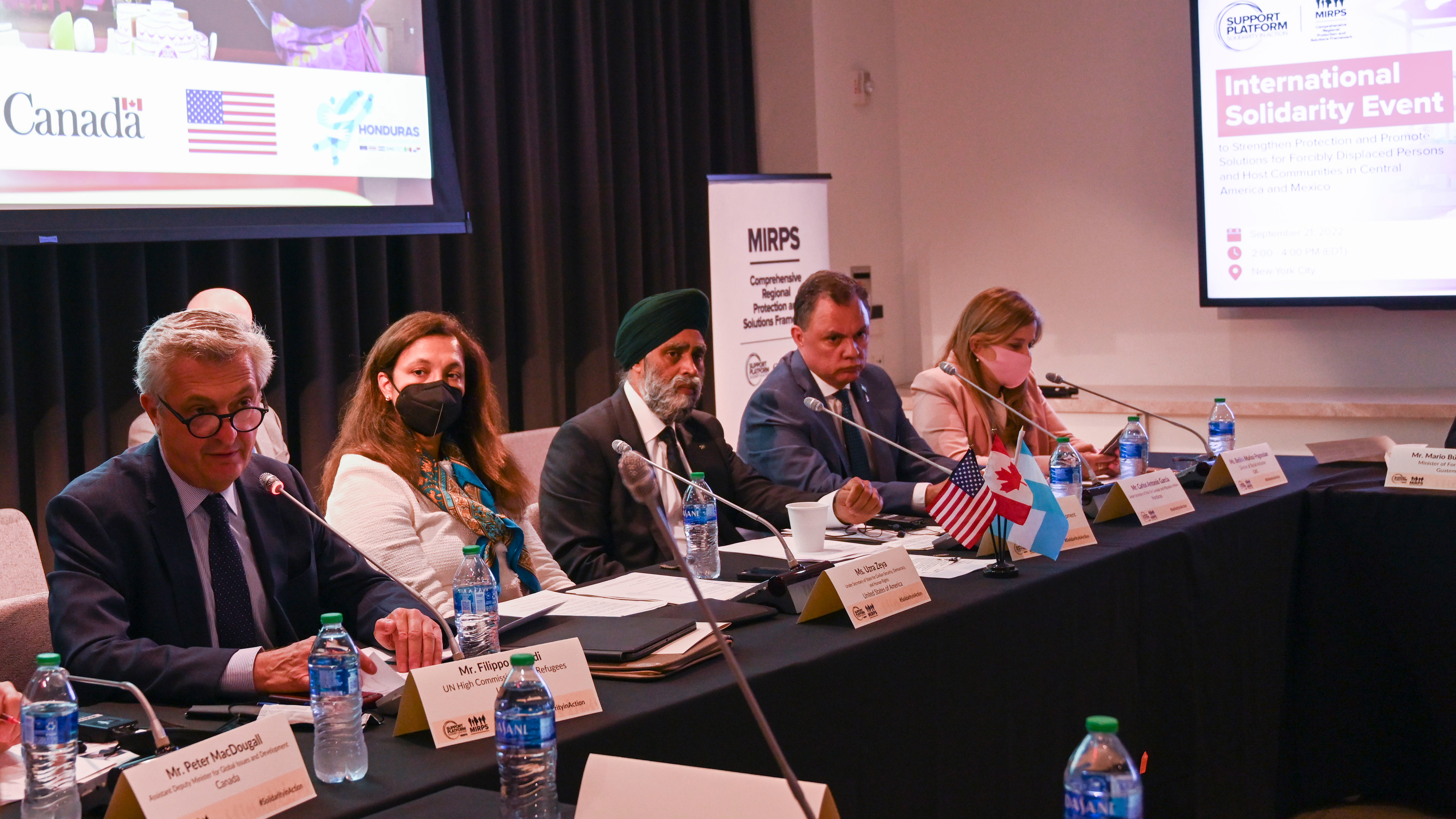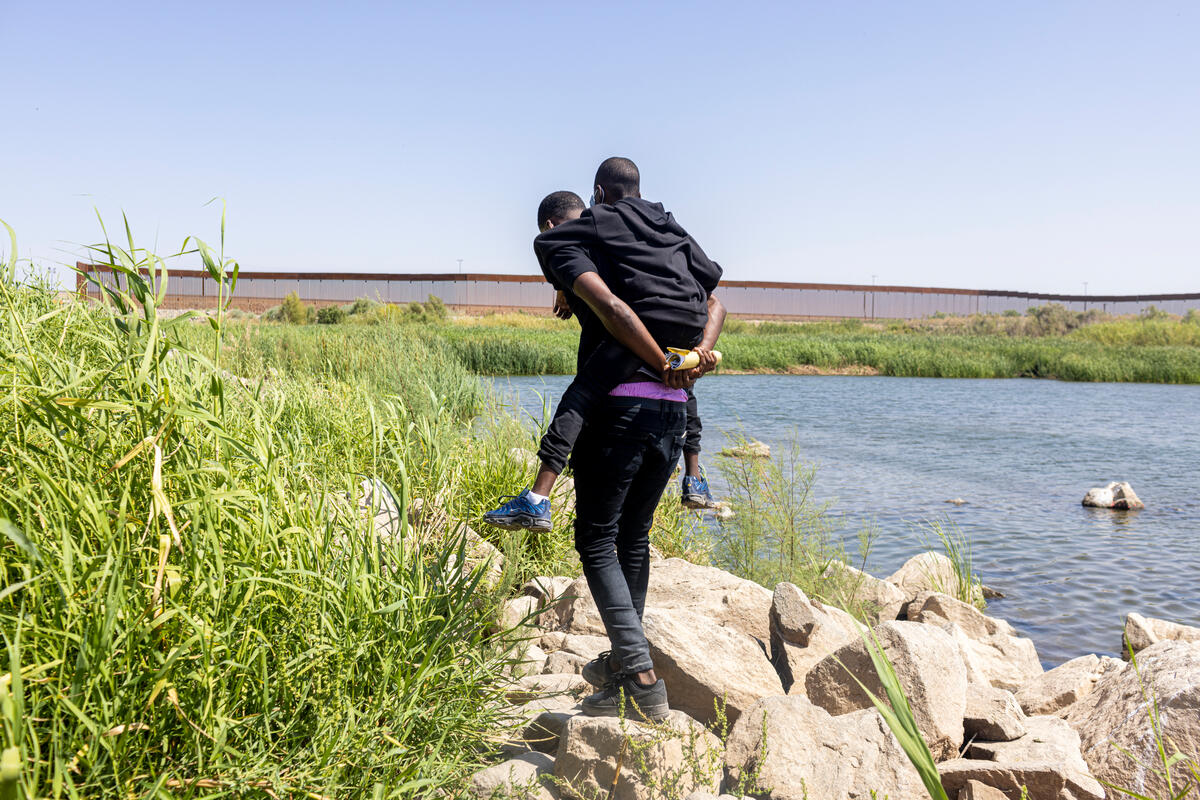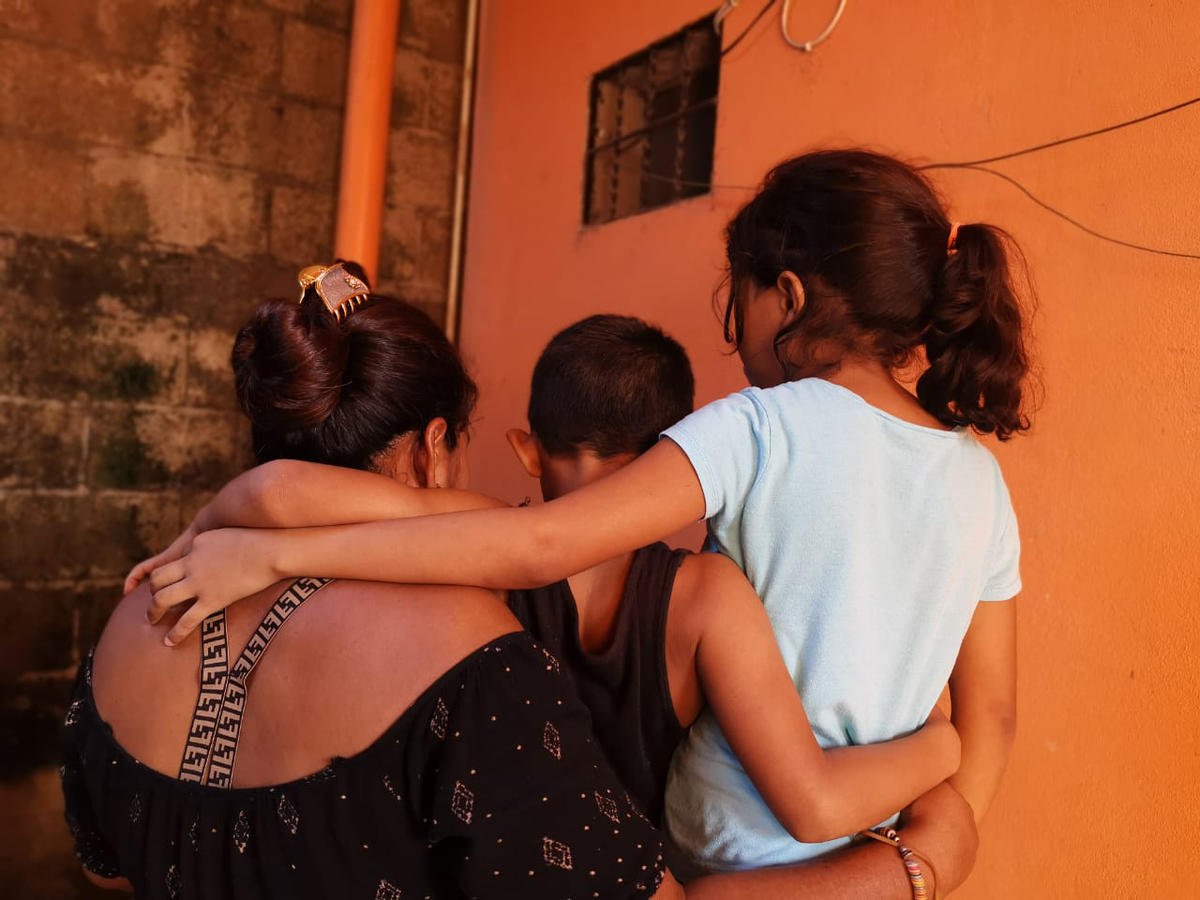New refugee law in El Salvador marks important step forward, says UNHCR
New refugee law in El Salvador marks important step forward, says UNHCR

MEXICO CITY, July 26 (UNHCR) - The UN refugee agency has hailed El Salvador's recently approved Law on Refugee Status Determination as an important step towards institutionalising such procedures in the region.
The legislation, which is now pending signature by the President, was approved on July 18 by a majority of 65 votes out of a total of 89 deputies. It establishes clear procedures by which refugees can request asylum and have their case analysed by local institutions, according to the standards established in the 1951 Refugee Convention and the 1967 Protocol.
"This is a very important step forward towards the institutionalisation of refugee status determination procedures in our region," said Mérida Morales-O'Donnell, UNHCR Regional Representative for Mexico and Central America. "It is a clear sign of the will of El Salvador to fully comply with its commitment to refugee law and human rights of asylum seekers."
Under the new law, the Commission for the Determination of Refugee Status (Comisión para la Determinación de la Condición de Personas Refugiadas, or CODER in Spanish), will be set up and directed by the Ministry of Foreign Affairs and the Ministry of Interior. Previously, refugee status determination procedures had been implemented by UNHCR and recognised by the government.
El Salvador acceded to the 1951 Convention and the 1967 Protocol in 1983. Since then, UNHCR has worked in co-operation with the government to repatriate Salvadoran refugees and provide protection to asylum seekers arriving in the country.
The new legislation is the result of years of negotiations between the Salvadoran government and UNHCR, a partnership that culminated in the submission of the law by the Ministry of Foreign Affairs to the National Assembly at the end of 2001.
"The climate in the world today is marked by restriction and mistrust," said Morales-O'Donnell. "The approval of this law is a positive sign in the consolidation of refugee law and its local application by countries. The law supports the equilibrium that UNHCR is working for between national security and respect for human rights."
She added, "We are ready to continue supporting the Salvadoran authorities through training and technical support so that the new Commission can start working as soon as possible."
Since 1987, UNHCR has assisted more than 32,000 Salvadorans to go home after internal armed conflict sent approximately 50,000 Salvadorans fleeing into the region. The refugee agency closed its El Salvador office in 1998 when it wound up its programmes, which involved mainly repatriation assistance.
In recent years, the agency has focused on establishing local structures to deal with refugees and asylum seekers arriving in El Salvador. The country has received people fleeing civil war in neighbouring countries, with the most recent arrivals coming from Colombia.








